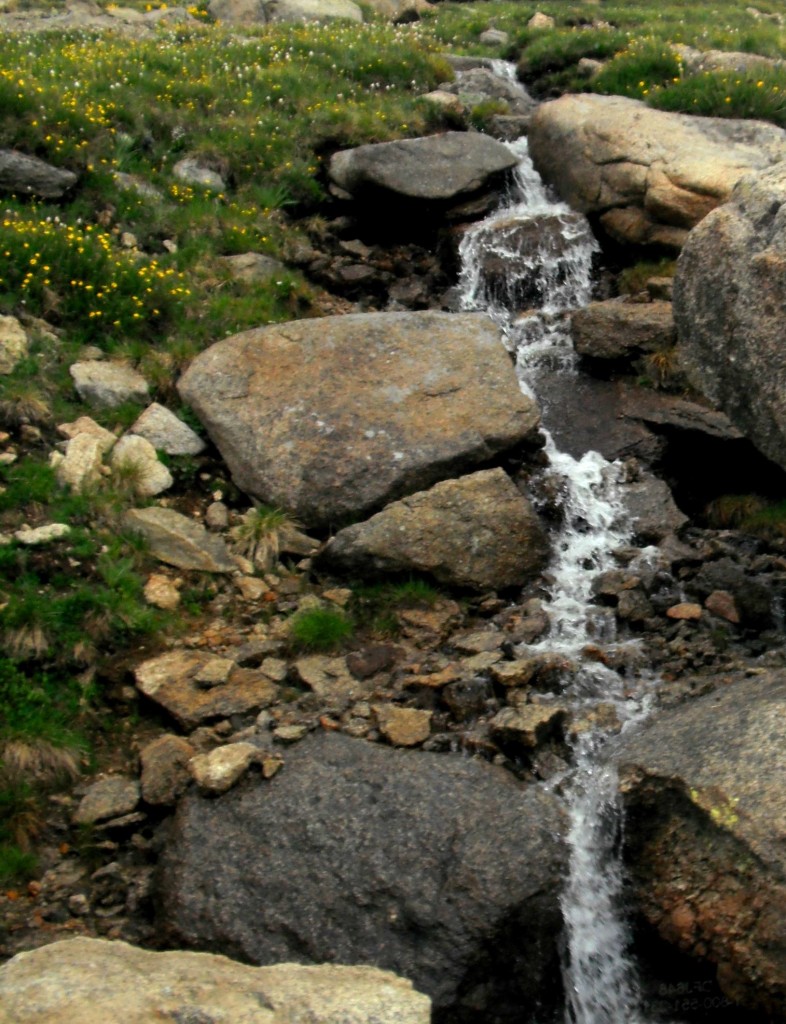Ways to Divide
The flat plain between the peaks
of your ribs: a divide. Your divide. Our divide.
The word divide as a place comes from watershed
which can mean either water or blood.
Water pools where the earth dips
and we can’t cross without much work,
but everything grows dense there
and animals huddle round.
There are spaces in our body
where we send blood from two places,
and isn’t that always the thing:
is this good or bad? It depends
on whether the blood is flowing
or has run up against a clot.
Which side are we on?
We all live with this division.
Bodies
The bones of your body
are in golden relationship to one another.
Your wrist divides
the hand and forearm at the golden section.
A line runs your body
in numerical constancy.
Mosques and temples
are built with the same glittering precision.
The divine proportion
extends to DNA I could scrape from your skin.
And no matter
the way I try to divide us, it is unequal
and somehow, golden. How can this be
both the beginning and the end?
We go both ways in equal directions.
Split evenly, right down the middle.
Faces
I learned to draw human faces
by gridding them off. For a while, every person
I met became a set of lightly drawn squares
and eraser crumbs. I contemplated
every face as a solution to a problem
that I hadn’t named yet. Complex
enough, but not apparent at the outset.
Your face is still gathering squares
and I will keep trying to shade them in
until it looks like you.
Numbers
They seem so stable, until
you start slicing at them
and they get off balance
like getting out of an empty bed,
walking into the kitchen where you
aren’t and pouring one cup of coffee.
At the start, I felt perfectly formed
from irrational numbers, the way
a circle is divided
by straight lines.
Undone, the way you touched
those lines and the whole shape
of me shivered. And now
I am just cut through and tired.
Cells
The cells in our bodies
divide trillions of times
before we die. But even cells know
they can’t go on forever. They have
enzymes to tell them enough is
enough, you are no longer sufficient.
Human cells understand
that leaving parts of you behind
means becoming less than you were.
And now we face that.
The enzymes telling us it is time,
the unraveling has begun.
Continents
We’ve passed through
the Great Divide Basin,
the car hot, asphalt shimmering
like the sea, yet
high desert all around:
sand and salt flats
where so much water decides
which way to go.
Meghan McClure lives in Washington and studied at the Rainier Writing Workshop, the MFA program at Pacific Lutheran University. She helps edit A River & Sound Review and her work has been published in Mid-American Review, LA Review, Water~Stone Review, Superstition Review, Bluestem, and Floating Bridge Review, among others.
